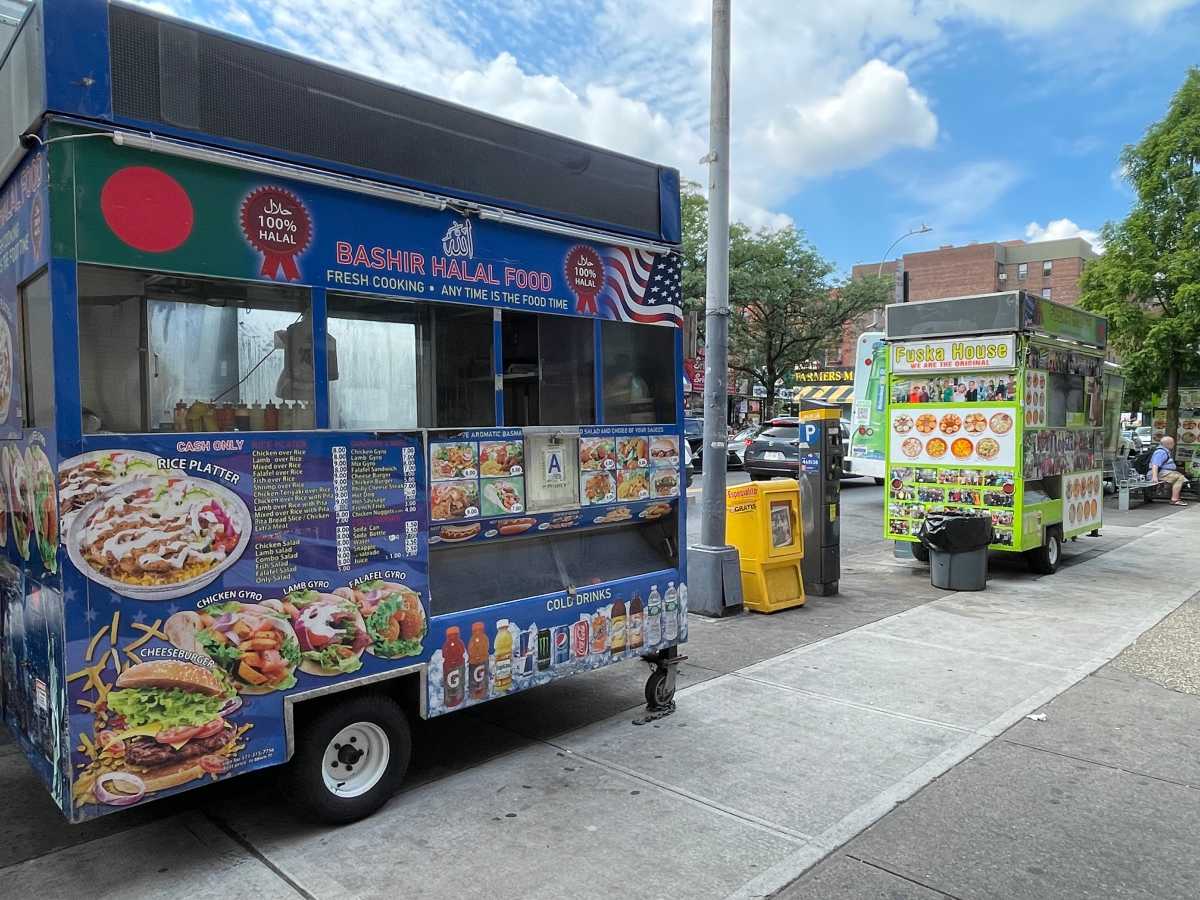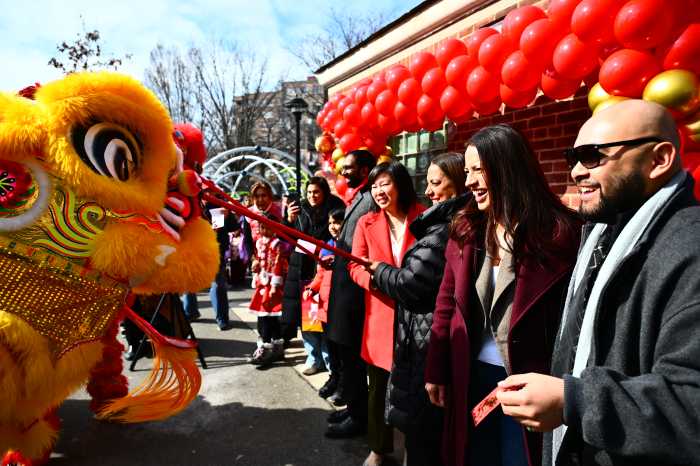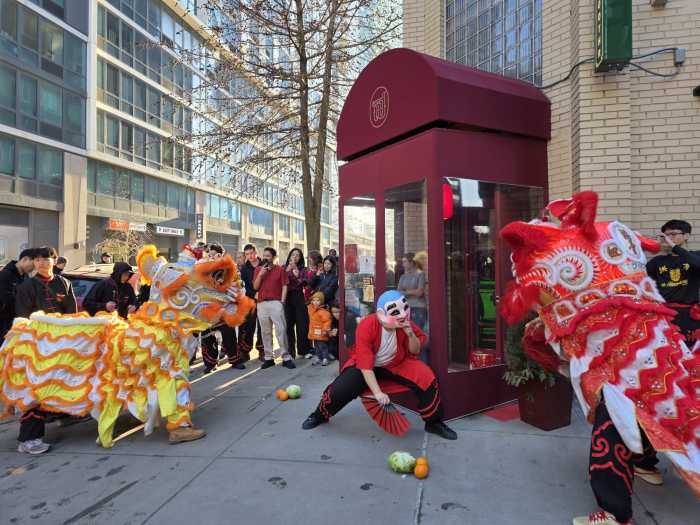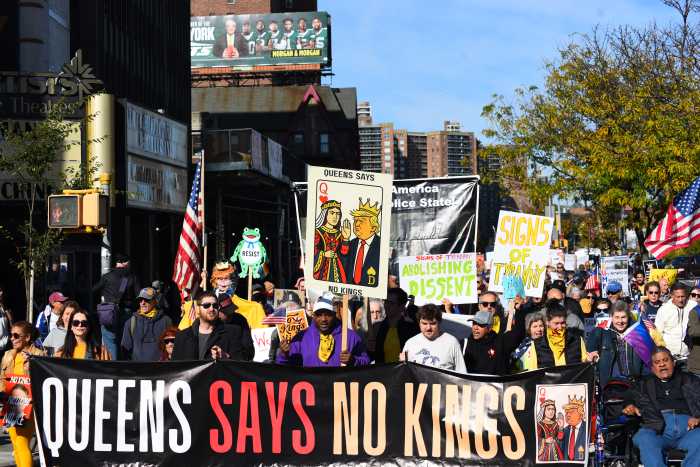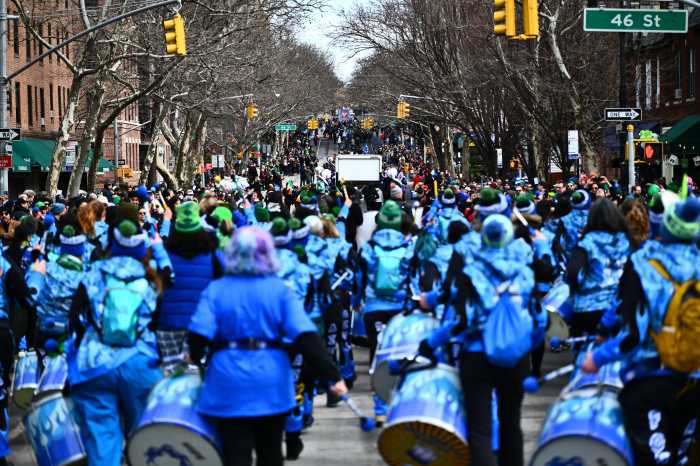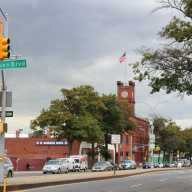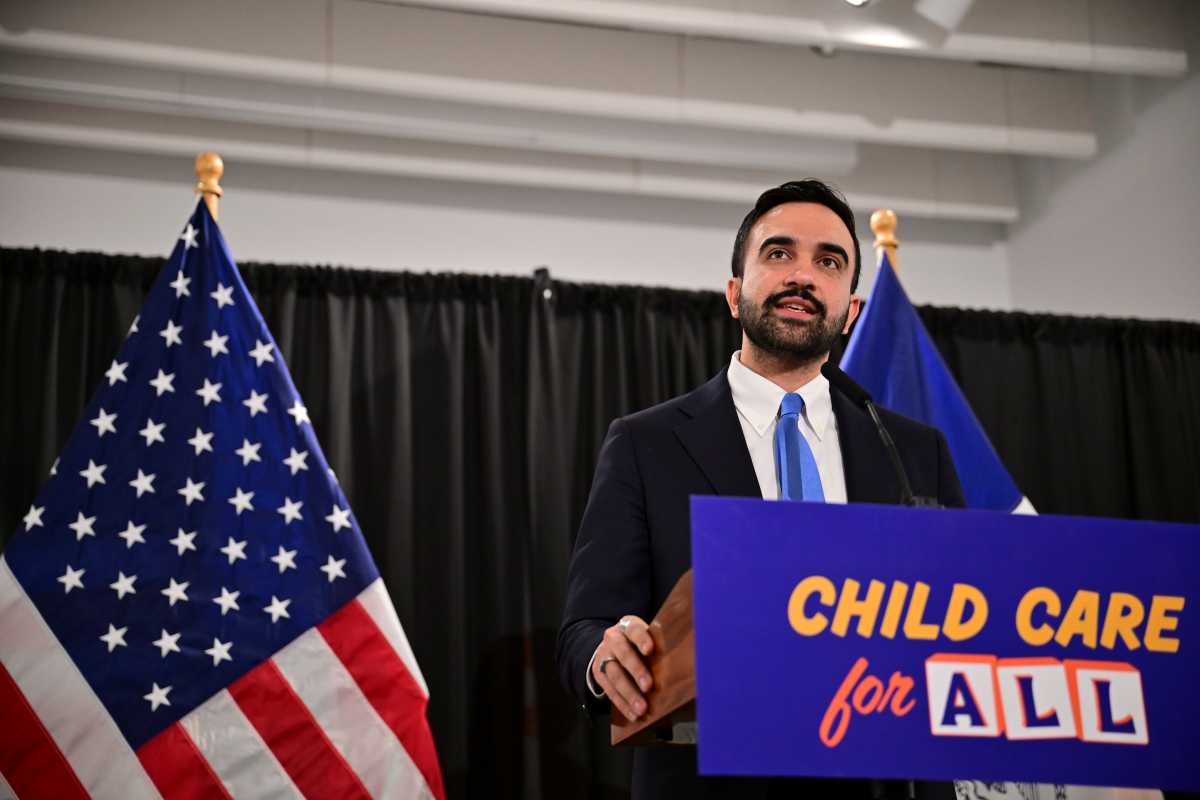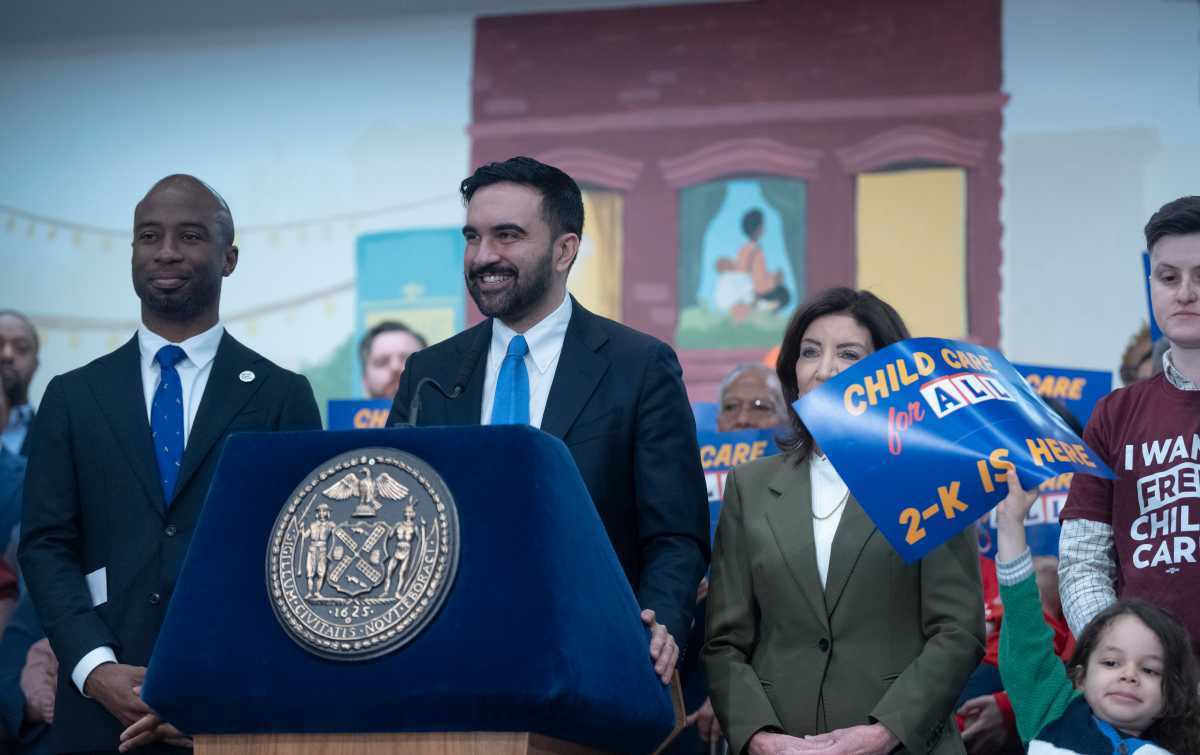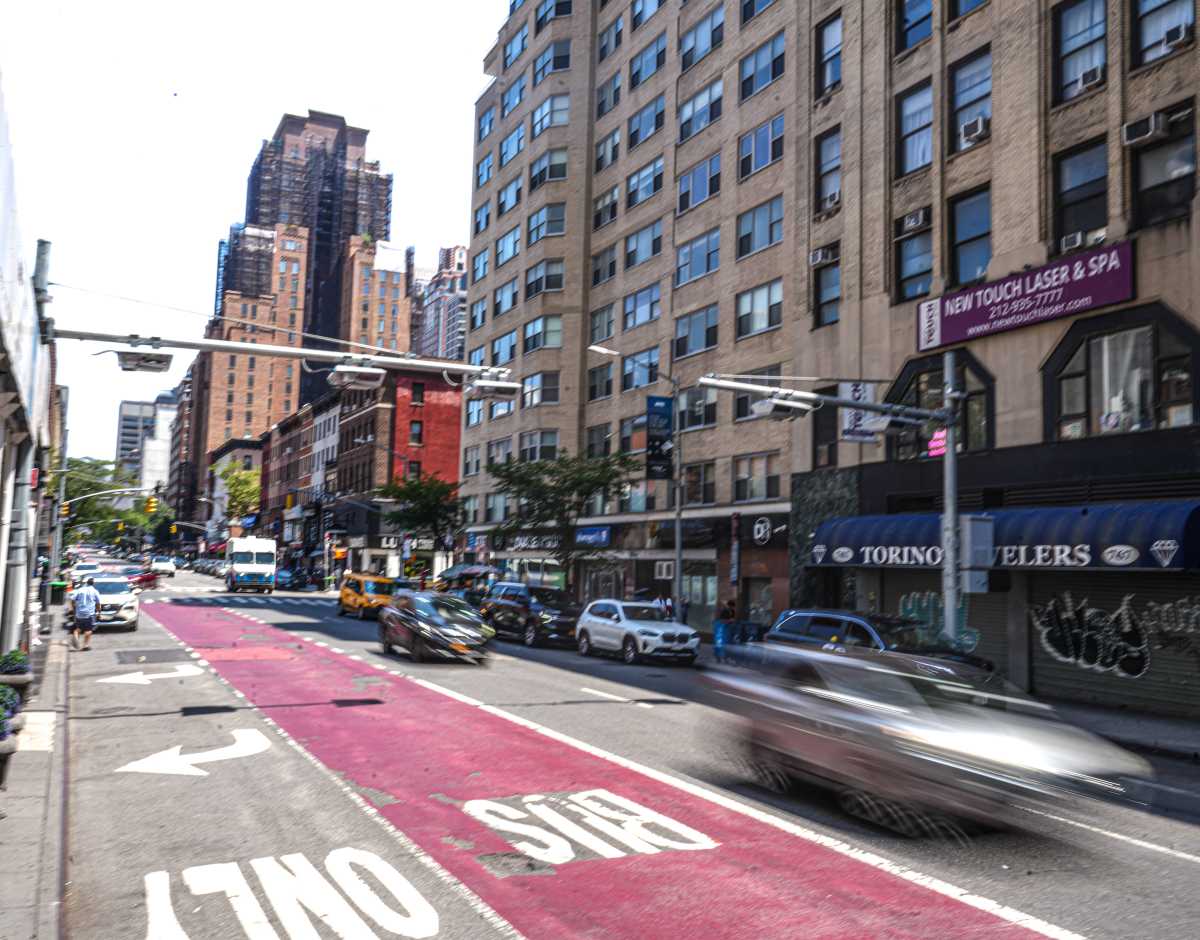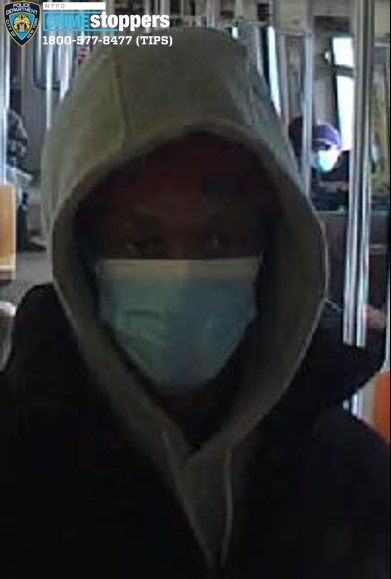After countless calls by street vendors around New York City, the Street Vendor Reform Package finally took a step forward. The New York City Council previously passed Intro 47-B in June, after a veto-proof majority of 40 Council Members voted in favor of the bill. Council Member Shekar Krishnan, who represents Jackson Heights, Elmhurst, East Elmhurst and Woodside in Queens, is the Prime Sponsor of Intro 47-B.
Despite receiving 40 votes, including unanimous votes from Council Progressives, Mayor Eric Adams vetoed Intro 47-B on July 30. However, on Sept. 10, the City Council voted to override Mayor Adams’ veto, which allowed the proposed bill to become city law.
“I won’t back down from a fight to protect New Yorkers from Donald Trump’s anti-immigrant attacks,” Krishnan said in a statement following the override of the veto.
Under the historic act, street vendors are more reassured, as they will no longer receive criminal misdemeanor charges for street vending. Krishnan argued that the passing Intro 47-B was crucial, especially during a “scary moment” where President Trump is currently criminalizing immigrants in the country.
He noted the important role that the immigrant community has as the essential workers of the city. A whopping 96% of New York City’s street vendors are also immigrants.
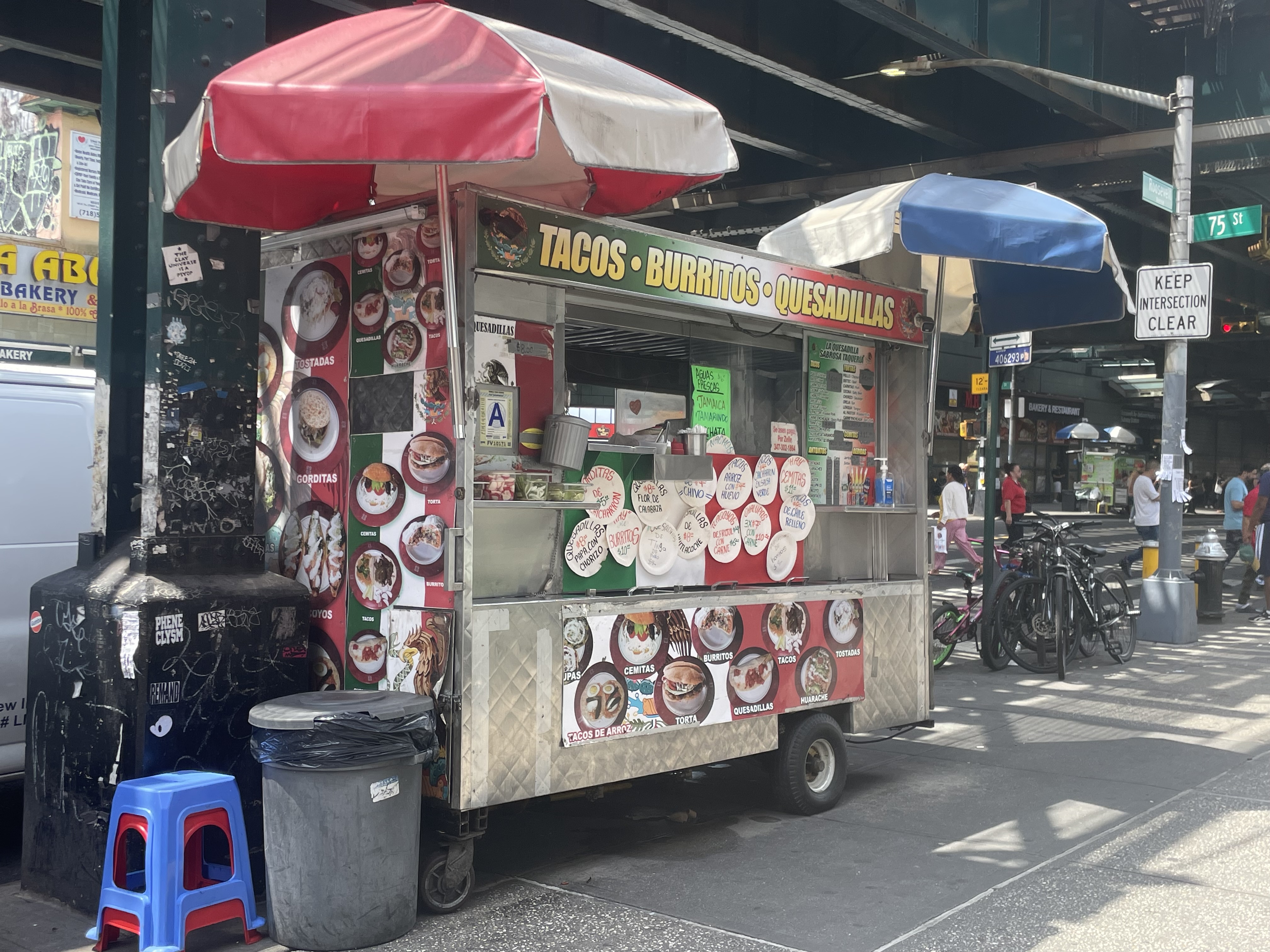
“These are our vendors, who we buy coffee from every morning, who we get tacos from for lunch,” Krishnan said. “But because of a broken vending system, they faced the possibility of criminal charges and jail time. No one should face criminal charges, jail time or immigration consequences. Simply for selling food to pay their rent, pay child care and to survive.”
Krishnan also stated that criminalizing street vendors and immigrants cause “harmful, drastic consequences” for human beings. By removing all misdemeanor criminal penalties, he believes that it will lead to a more well-regulated and enforceable system of street vending.
The system of street vending was considered “broken” as it relied heavily on criminal enforcement. Due to the shortage of licenses available and the number of vendors out on the street, this problem of scarcity also led to a black market for licenses. Since the demand for these licenses is high, the cost to obtain one also increases. In turn, this can drive street vendors further into poverty.
“All of these issues have created a system of vending that is fundamentally broken,” Krishnan said. “That does not recognize the realities and the struggles of many city vendors. And does not at all recognize the gravity and the fear of the current moment. Creating a proper form of street vending in New York City requires removing criminal jail time off the table. We have to start there.”
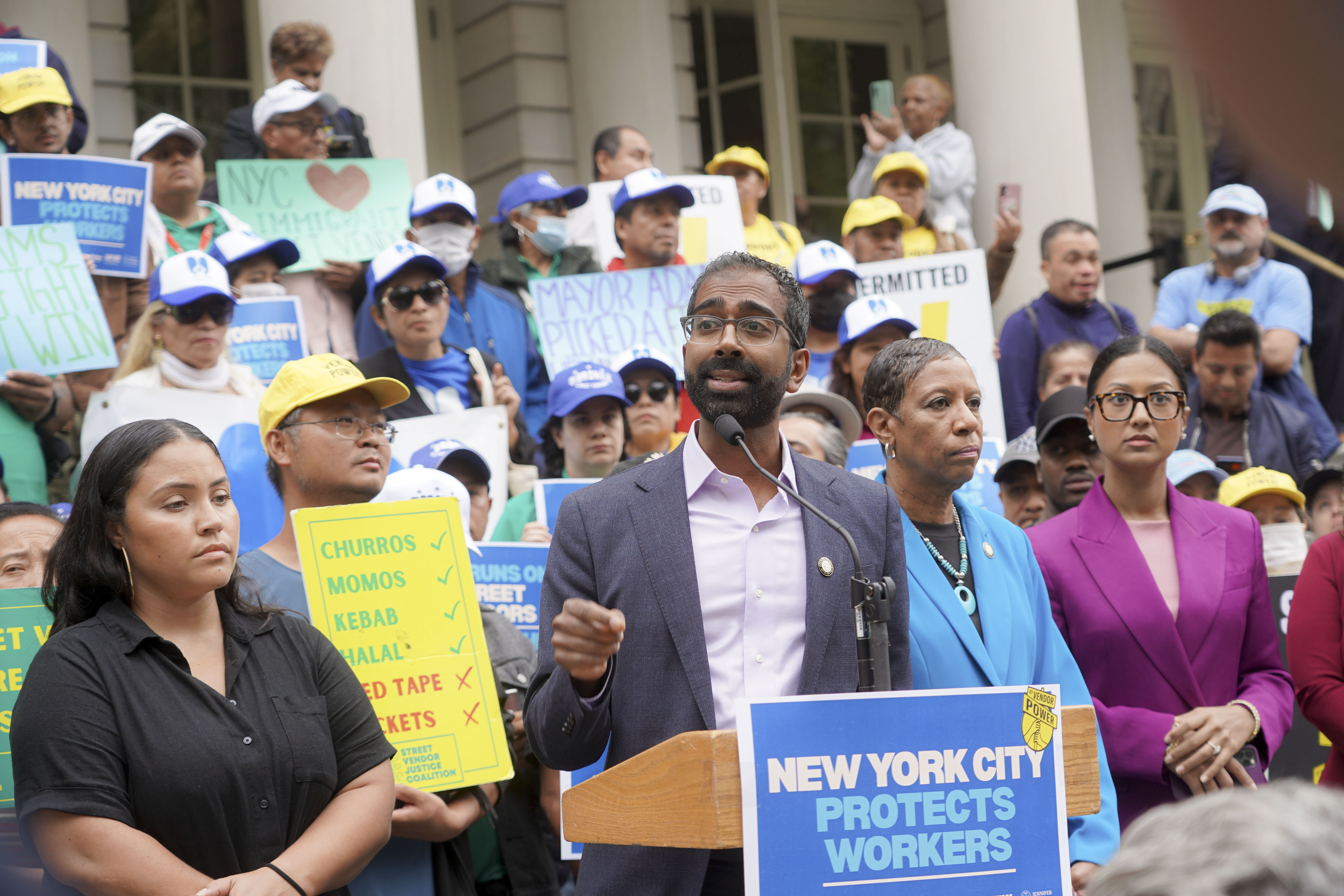
There are three other bills that make up the Street Vendor Reform Package. They include Intro 431, which would ensure access to licenses and permits for all vendors, Intro 408, which would create an office of street vendor services within the city’s Department of Small Business Services, and Intro 24, which would change some of the setting rules to open up more legal vending locations.
The City Council is currently working on the remaining bills to reform and regulate street vending in New York City. Krishnan stated that these conversations will continue, as they can now “clear the table” and work together to come up with a comprehensive system of street vending.
“By removing jail time from the street vending contract, we’re also changing the perspective around street vending,” Krishnan said. “Mainly by showing that we cannot have a system of vending in New York City that relies on the harassment and incarceration of vendors. That’s just not going to work, and it’s not humane, especially in this moment.”
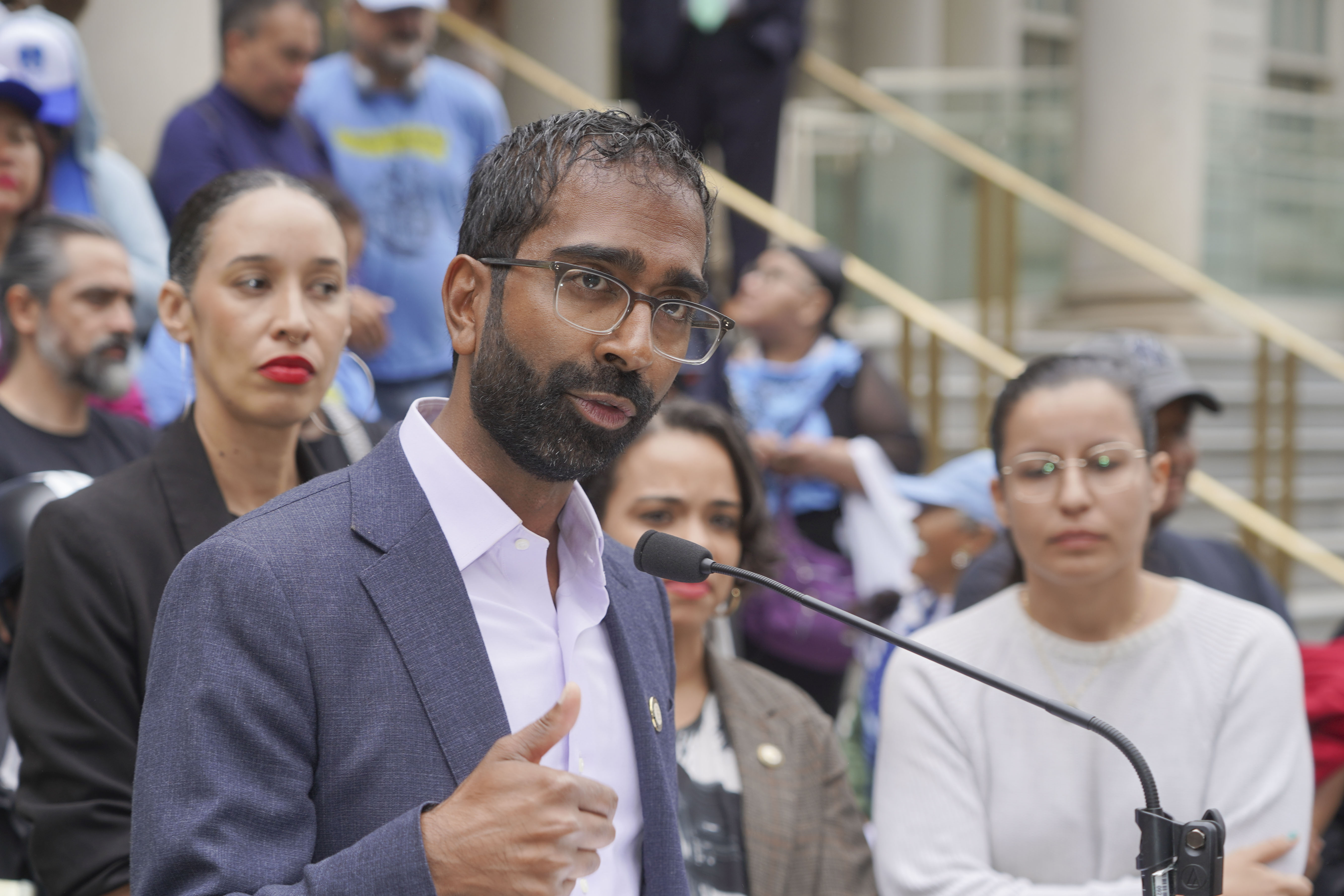
Throughout Jackson Heights, it is also visible that street vendors are a big part of the community. As a representative of the neighborhood, Krishnan strongly believes Jackson Heights has the “best food” in all of New York City. He describes the area’s unique diversity of culture as one of the reasons that it is important to have a sensible system of street vending.
“I may be biased, but I know this as fact,” Krishnan said, chuckling in a joking manner. “We are the most diverse neighborhood on the planet. With immigrant communities from all over the world. With small business owners, from our street vendors to restaurant owners, from all over the world. It’s because of our diversity that we are a beautiful community, with the best food in all of New York City.”
As a community where more than 60% of the population is foreign-born, there are over 167 different languages spoken in the neighborhood. Jackson Heights has one of the largest immigrant communities in Queens, and perhaps all of New York City. However, Krishnan adds there is an additional language, which is spoken by the community as a whole.
“I would add a 168th language,” Krishnan said. “And that is the language of food. It may be the No. 1 language spoken in Jackson Heights.”

